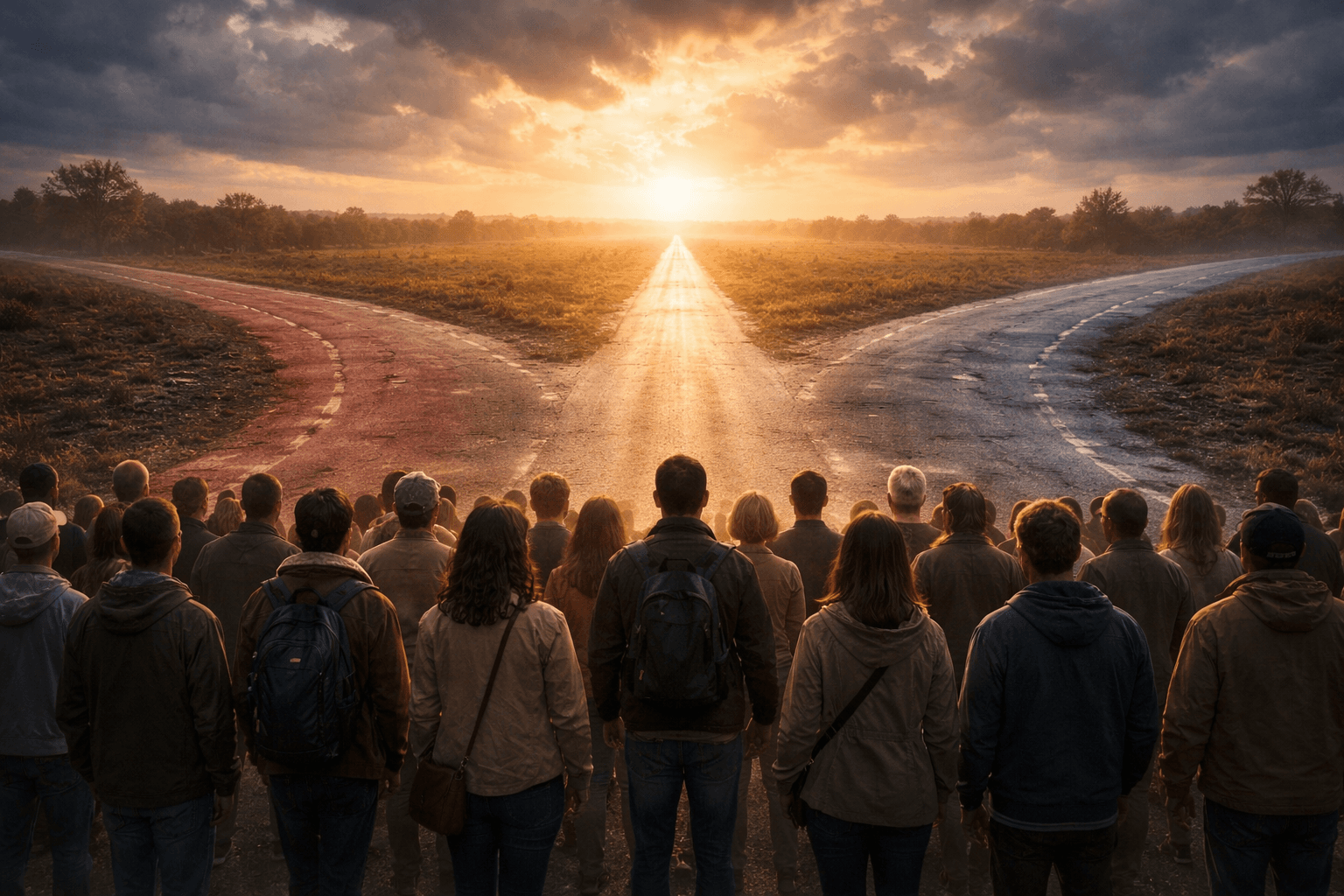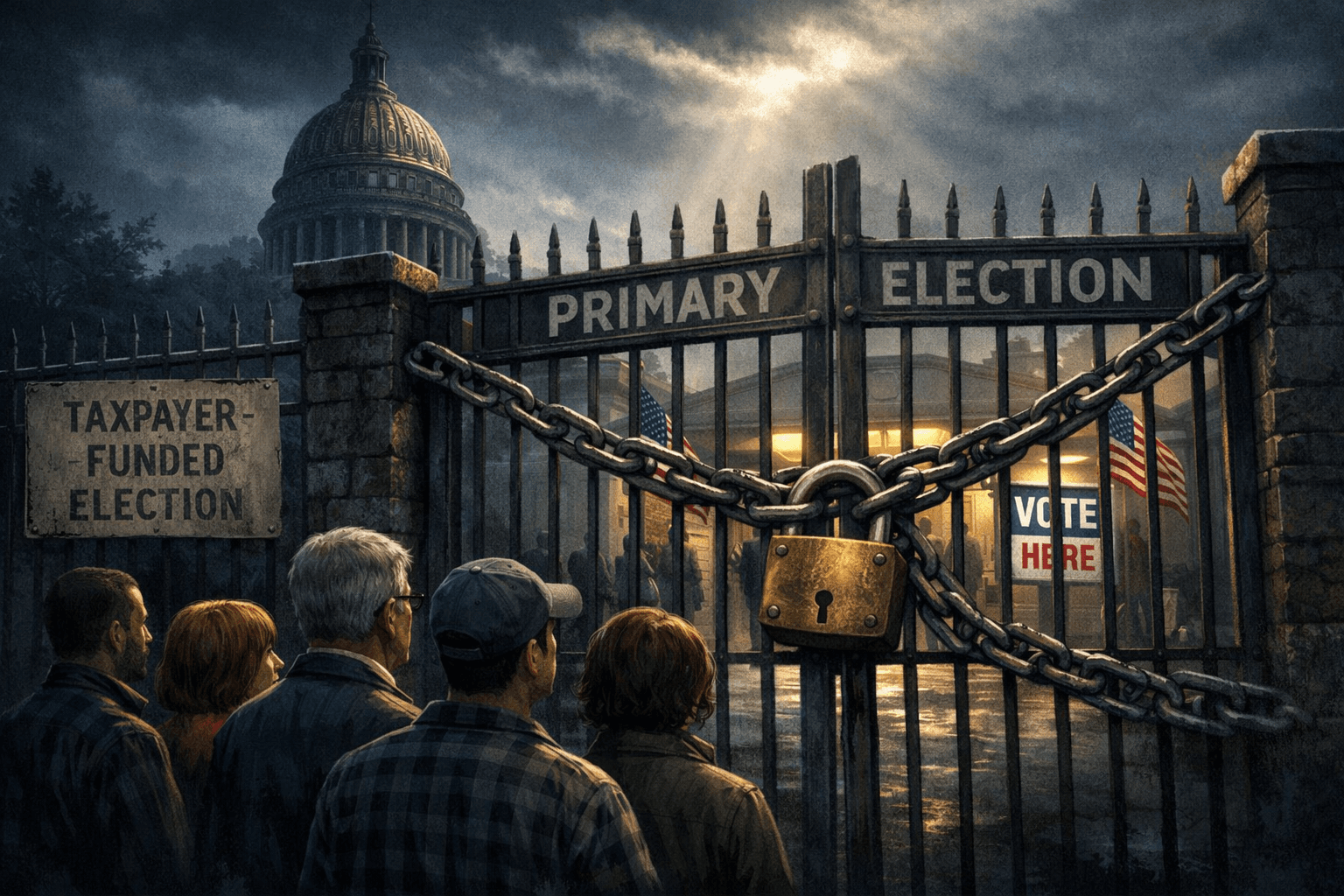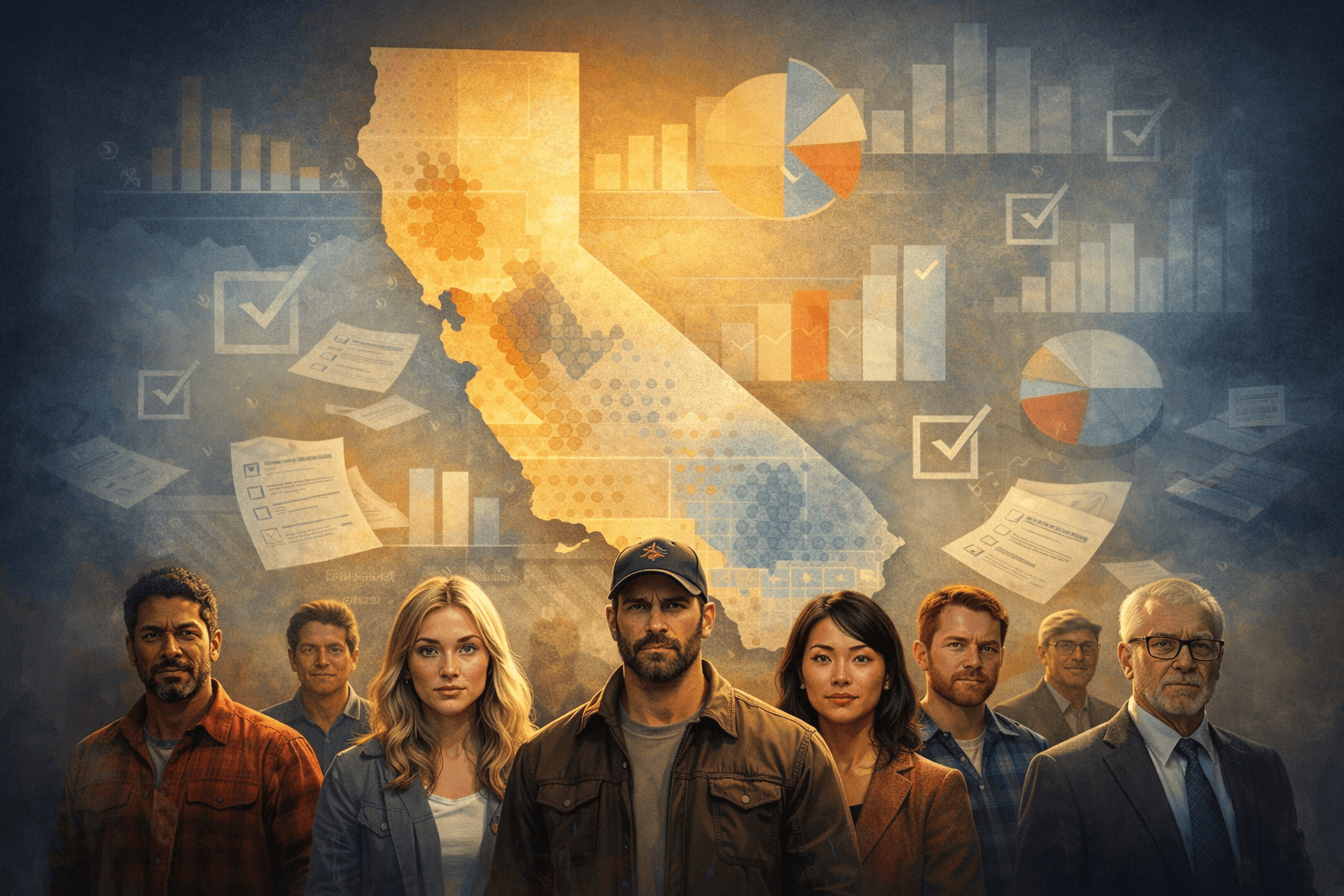Disconnected Democracy: The Cost of Exclusion in an Age of Political Identity

Editor's Note: This article originally published on The Independent Center's website and was republished on IVN by request and with permission of the organization.
At the heart of human experience lies the need to belong — a deep-seated psychological requirement that shapes everything from our relationships to our political identities. Feelings of exclusion impact us just as acutely as physical pain and how our sense of connection — or lack thereof — can profoundly influence behavior, decision-making, and social cohesion. More than just a feeling, belonging is a force: the sense that we are part of a valued group where we matter and can contribute meaningfully. As politics becomes more fragmented and the political parties cater more to their respective bases, understanding and intentionally cultivating belonging becomes crucial not just for individual well-being, but for the health of democracy and public discourse.
Zooming In
Our environment has a major impact on us, but this doesn’t mean we can’t take action to change it. This is called situation crafting. We have agency to adjust the context around us to foster connection, resilience, and personal growth. These strategic adjustments, or “wise interventions,” are rooted in psychological insight and are designed to reinforce individuals’ sense of belonging and self-worth.
This is why the independent voter needs a home. To unlock the maximum human potential and revitalize our democracy, it’s crucial that we understand and act on this fundamental psychological need.
Key Facts
- Belonging and pain: Research shows that social exclusion activates the same brain regions as physical pain, underlining the profound psychological distress of disconnection.
- Biological roots: Evolution favored individuals who bonded with others, leading to a brain wired to seek out in-groups and view outsiders with caution — a dynamic that today contributes to political and social tribalism.
- The power of perception: When people feel that their belonging is under threat, they become more defensive, fearful, and less open to differing viewpoints.
- Echo chambers: A 2021 study found that most Americans rarely encounter opposing political views in daily life, reinforcing ideological silos even within neighborhoods.
- Cognitive pitfalls: Biases such as the Fundamental Attribution Error and Confirmation Bias lead us to judge others harshly and cling to our own views — not because of malice, but because our minds are wired for coherence and certainty.
- Groupthink and conformity: Extreme conformity often arises from a desire to belong. In politically polarized societies, this pressure can silence dissent and deepen divides.
Independent Lens
From an independent perspective, this offers a vital framework for navigating our increasingly fractured civic landscape. It makes clear that political polarization isn’t just about ideology — it’s about identity, fear, and unmet psychological needs. Traditional efforts to change minds through campaigns or facts often fail because they don’t address the underlying emotional terrain.
Instead, bridging divides starts with humility, empathy, and genuine dialogue. If we want to foster cross-group understanding, we must create environments where people feel safe, seen, and respected — even when they disagree. This doesn’t mean abandoning convictions but recognizing the humanity in others and resisting the reflex to dehumanize or stereotype.
In this instance, social psychology offers us a roadmap for anyone who wants to build a more inclusive, less divided world — starting with the unlocking the power of the individual.





